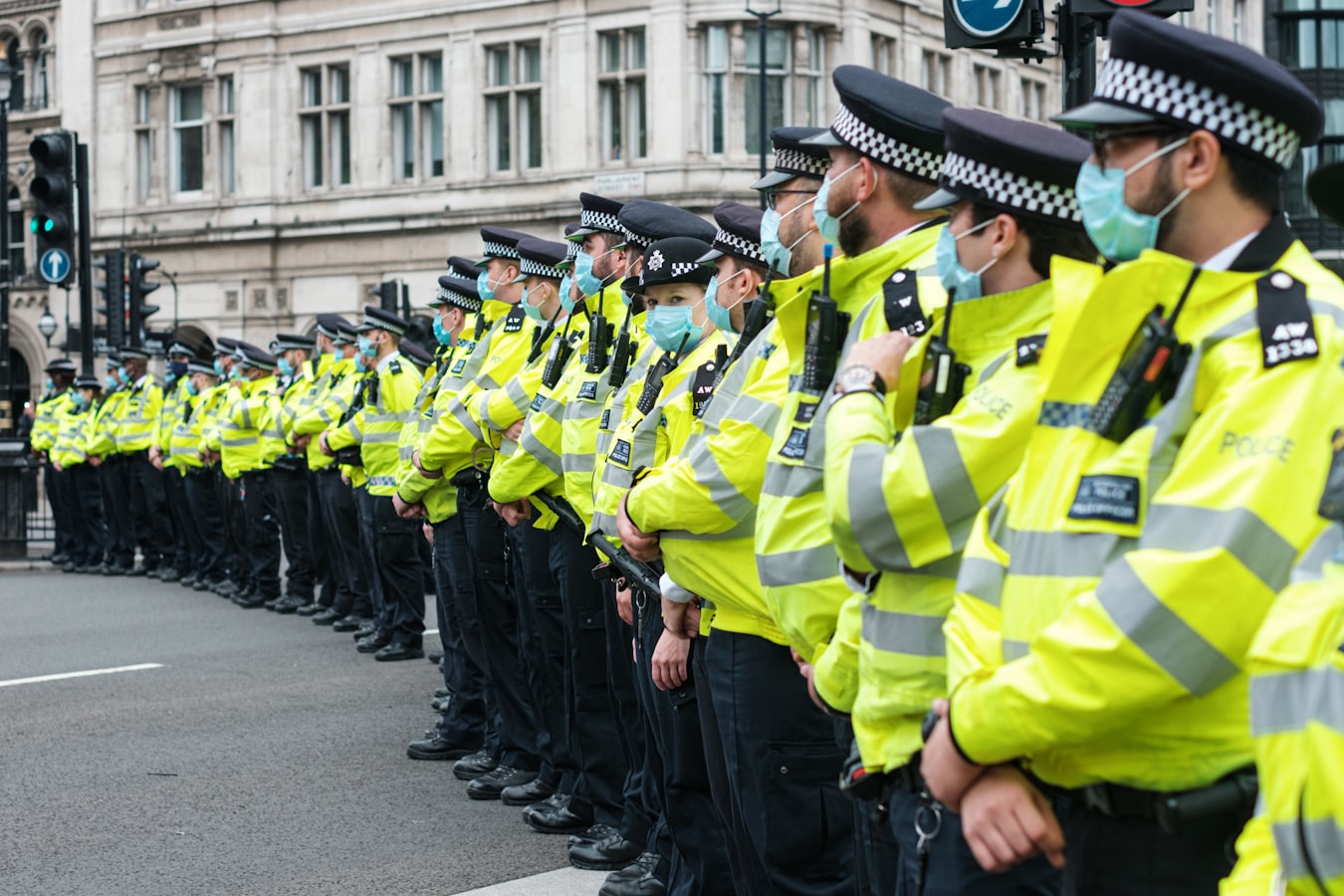Dodgy employers are taking advantage of migrant workers, claiming they are not employees and cannot make workers’ compensation claims, to avoid admitting responsibility for their injuries.
Born in Afghanistan, Rezai Esmatullah arrived in Australia by boat from Iran at 16, spent one year in detention before going to school and training as a painter in Sydney before moving to Geelong last year.
Mr Esmatullah saw a note with a business card in a convenience store asking for a painter, so he rang and said he was available for the job. While working for the employer in February this year, he fell off a ladder and broke his elbow. When he reported the injury to his boss, he was told he wasn’t an employee and was given no other advice.
“He said I wasn’t a worker but he had asked me to paint houses for $33 an hour and said I would be a contractor. I was told to go to a house and paint it but there were no safety protocols and no training provided to me,” he said.
“The employer also tried to claim I was only working on a trial basis and withheld my payments. He asked me to send him an ABN and an invoice but never paid it. I was feeling so disappointed. I didn’t feel confident to go back to him because I didn’t know the rules.
“I moved to Sydney and Geelong because of my visa conditions. It was hard to find a job in these areas without any government support. So I had to take any work that I could find.”
Mr Esmatulla’s injury claim was rejected by the WorkCover insurer and he required legal support to over-turn the decision.
“I feel relieved because I now have access to medical benefits to help me recover,” he said.
“I need surgery on my elbow which I wouldn’t have been able to afford if I hadn’t been able to make a WorkCover claim. I would have ended up on a waiting list under the public health system.
“I don’t want this to happen to other people like me, who have just arrived in Australia and don’t know what their rights are when they are injured at work. My advice to others is that you can say no to your boss if they are asking you to do something dangerous.”
His arm was supposed to heal after several months but he kept working in painting roles to pay his rent after being told there was no insurance available to him. He is now painting casually and may require surgery because he is experiencing pain.
Slater and Gordon Workers’ Compensation Lawyer Audrey Gunn, who is investigating further entitlements for Mr Esmatulla, said employers dodging liability for worksite injuries had become a common problem.
“What the employer doesn’t know is that an independent contractor is deemed to be a worker under our Victorian workers’ compensation scheme,” Ms Gunn said.
“It’s pervasive in the sense that anyone can create their own home renovation business and incorporate as a company. Then they get workers on as independent contractors and pay their invoices and claim they don’t hold responsibility if an accident takes place. Workplace safety and training then just goes out the window and is not taken seriously.
“Non-English speaking migrant workers are often taken advantage of in such situations as they may not have had WorkCover entitlements available to them back home, don’t know about the safety net we have here, and are already struggling because of the language barrier.”
Ms Gunn said the workers from migrant backgrounds were getting injured because of blatant disregard for our occupational health and safety laws in Victoria and poor workplace safety compliance.
“The WorkCover insurer’s rejection of Rezai’s claim was found to be unlawful, because independent contractors are actually employees under the Workers Injury Rehabilitation and Compensation Act,” she said.
“Safety at work is nonnegotiable. Everyone deserves to go work and come home safe at the end of the day. All employers are responsible for providing safe workplaces and adequate training to keep employees safe.”








